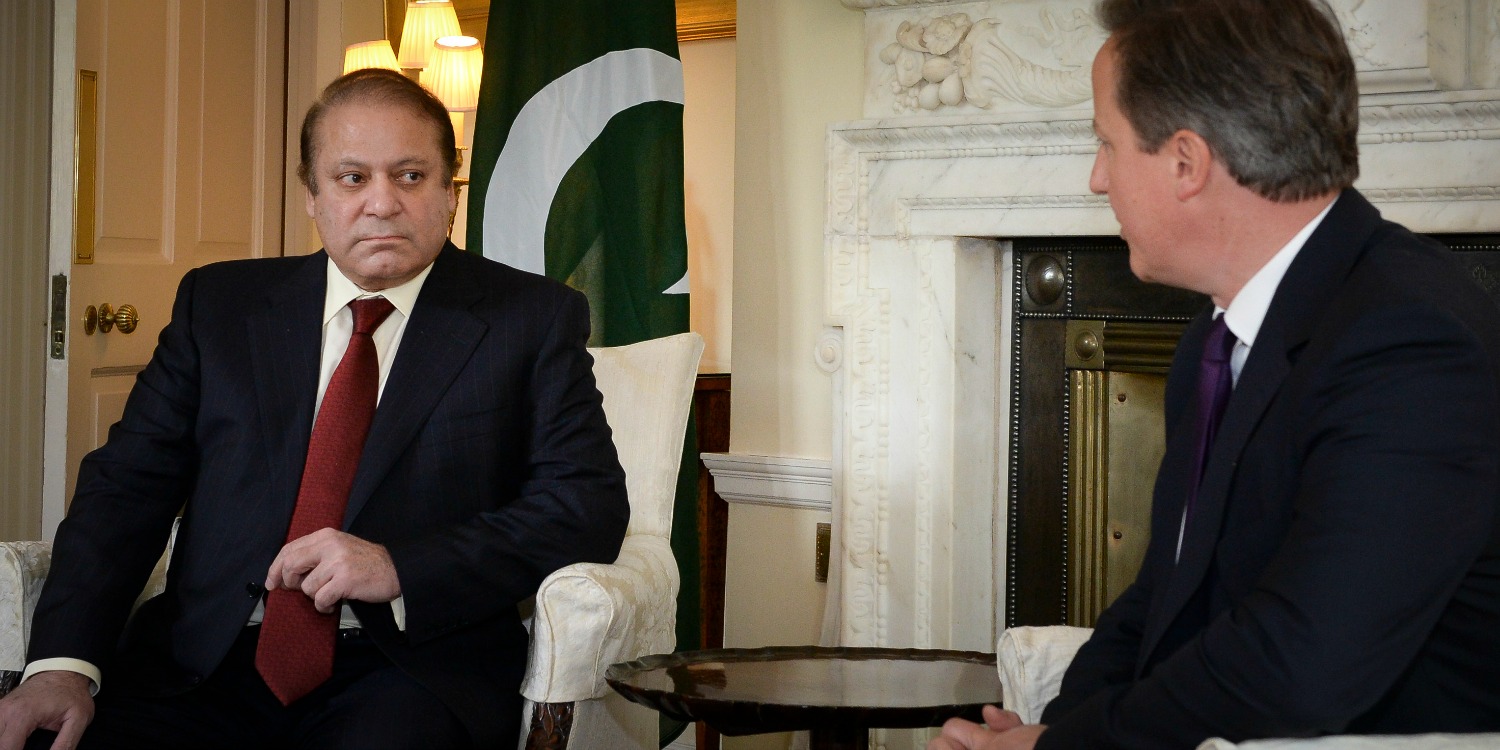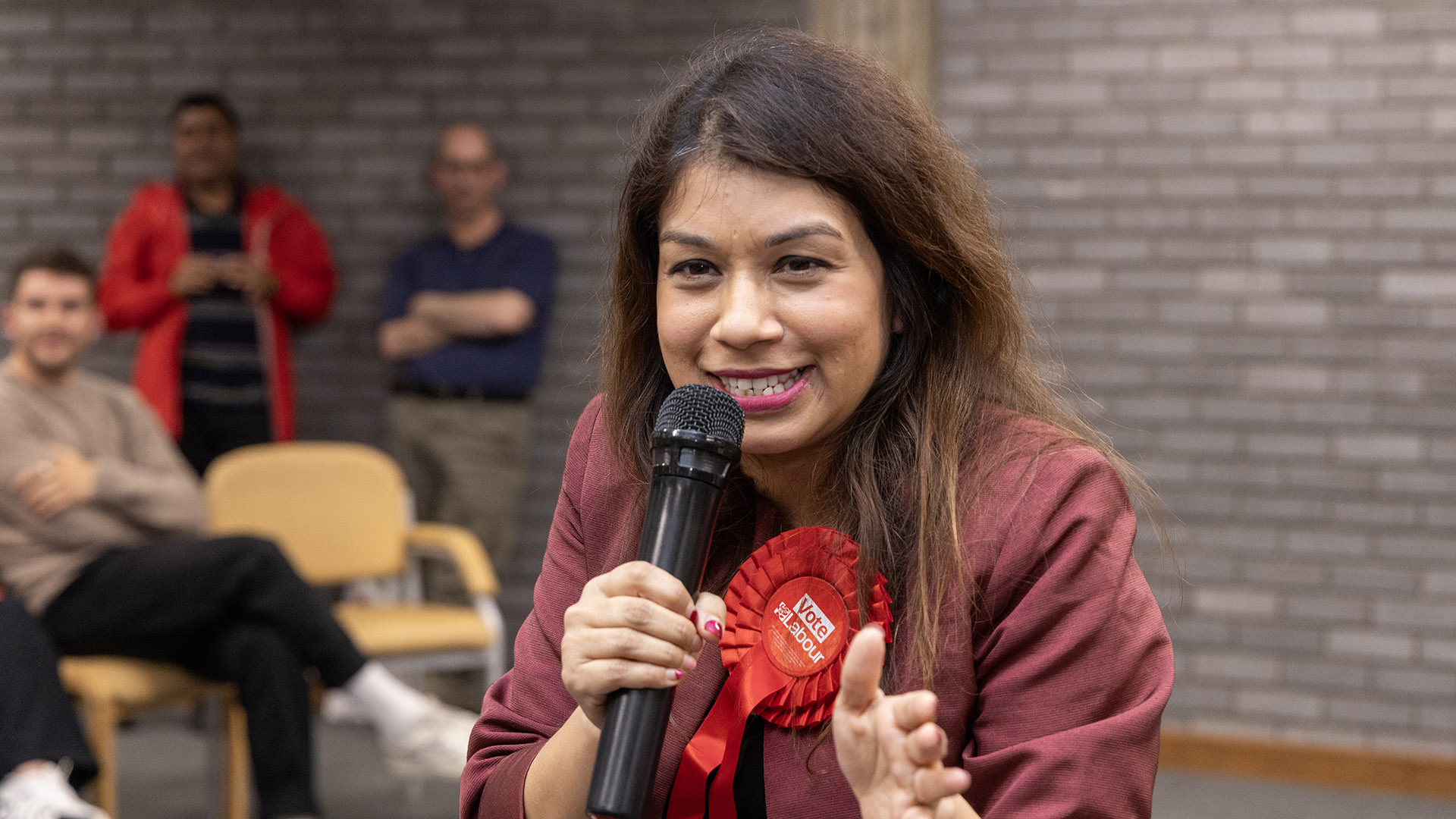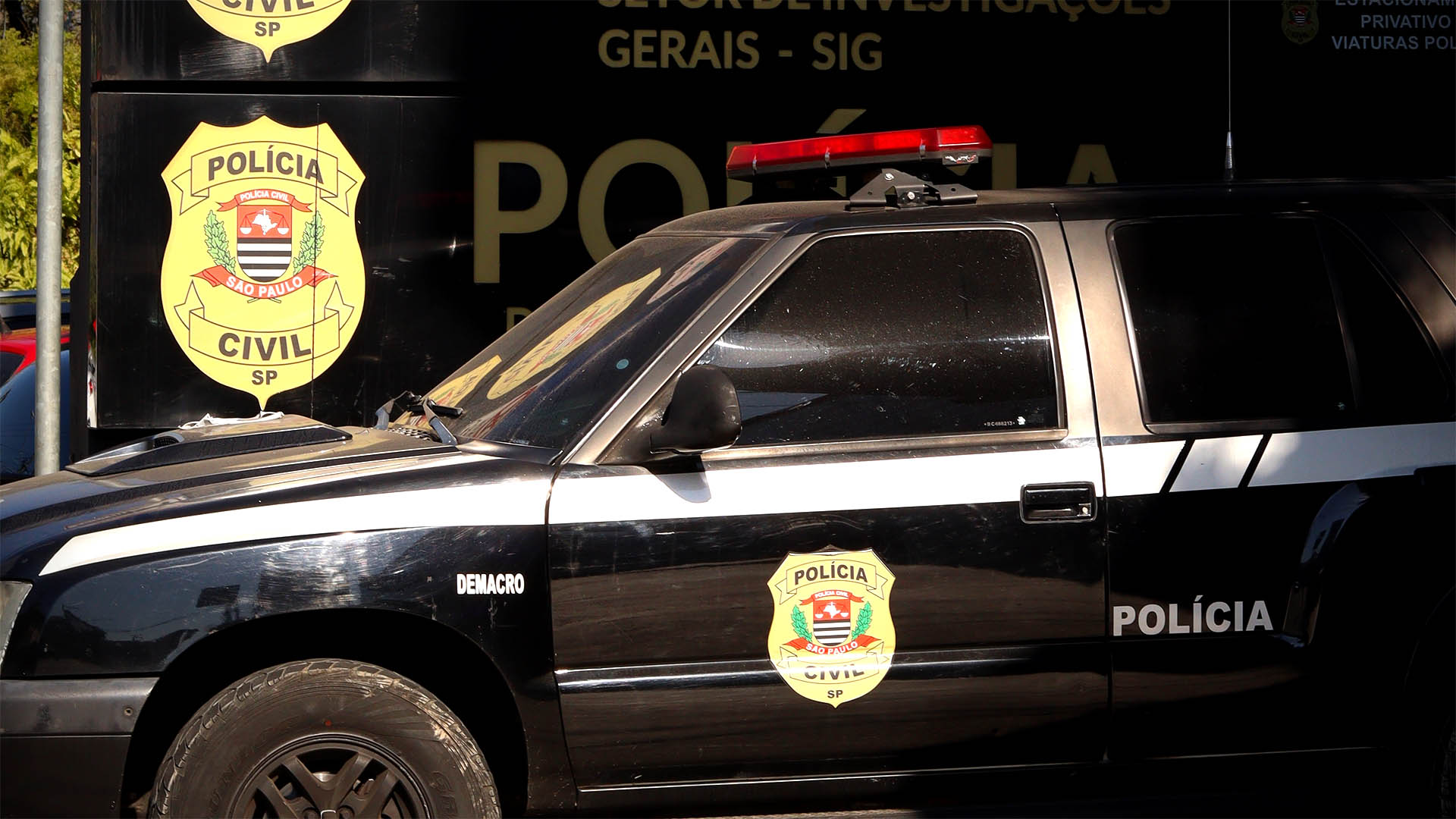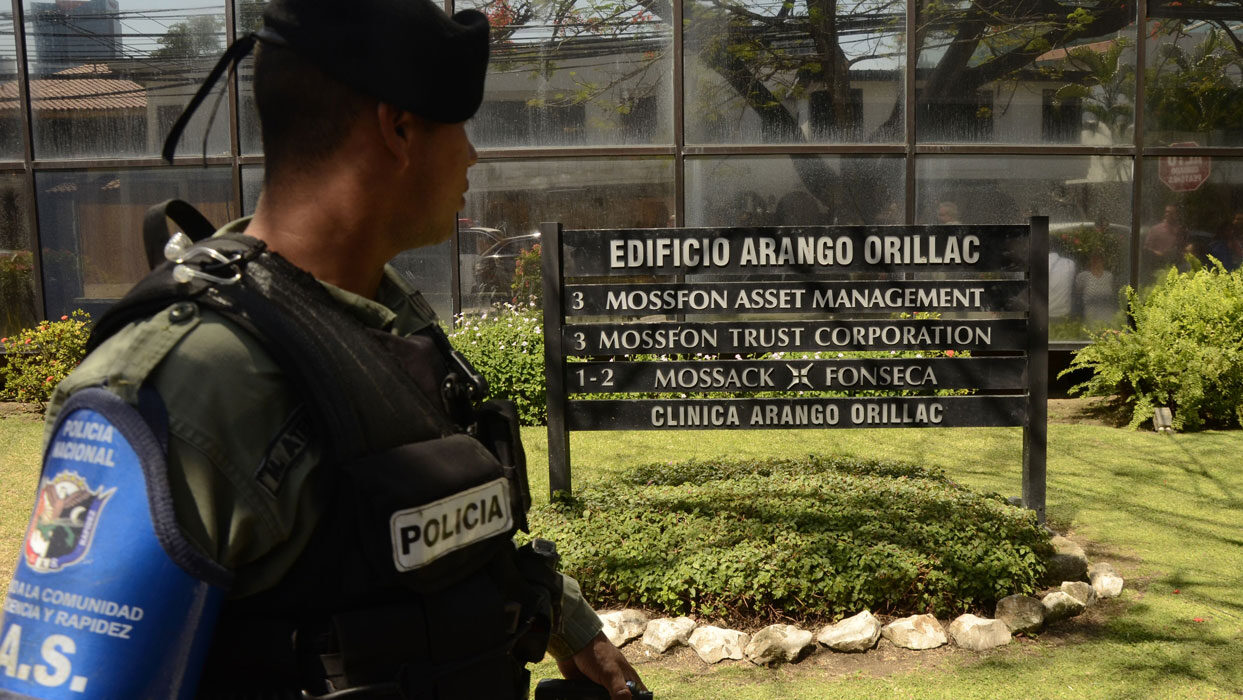Pakistan’s Prime Minister Nawaz Sharif, facing calls for his resignation as a result of his family’s holdings in offshore companies, checked himself into a London hospital this week, setting off speculation that he might not return to Pakistan until the furore dies down.
The outcry against the prime minister was touched off by revelations in the Panama Papers that his daughter and two of his sons controlled shell companies through which they had acquired expensive London real estate.
Political opponents have called for his resignation and a judicial commission investigation of his offshore affairs.
Sharif ‘s departure for London was sudden, and described as a trip for a cardiac medical check-up. Rumours began circulating shortly after that he may not return to Pakistan until after investigations into the Panama Papers allegations against his family were complete. Government officials denied this, and said Sharif was due to return on Sunday. According to news reports, the Pakistan government also denied reports that Sharif was seeking support in London from former president Asif Ali Zadari.
One of Sharif’s leading political opponents, former cricket star Imran Khan, arrived the same day the prime minister checked into the hospital. Khan said he was looking into hiring a financial investigative agency to pursue the issue of Sharif’s family members’ offshore holdings.
Also facing pressures because of his offshore holdings, Spain’s minister of industry resigned on Friday.
José Manuel Soria had previously vehemently denied any ties to an offshore company cited in the Panama Papers and reported by online newspaper El Confidencial and television station La Sexta.
“I totally deny that I have anything to do with any company based in Panama, or any other tax haven,” he said earlier in the week.
However Spanish media caught the minister in a series of lies about his involvement in offshore companies, which culminated with newspaper El Mundo proving the minister was director of a Jersey-based company up to 2002, when he was already into politics.
Soria, whose ministry also included energy and tourism, hasn’t been accused of wrong-doing. Announcing his resignation on Friday, he said he was stepping down because of “the succession of mistakes committed along the past few days, relating to my explanations over my business activities… and considering the obvious harm that this situation is doing to the Spanish government.”
In other reaction to the Panama Papers investigation, five European nations agreed to share tax and law enforcement data. The agreement included the United Kingdom, Germany, France, Italy and Spain, but critics said it would take the cooperation of the United States and other nations to make it work.
Panama also reversed itself and said it would adopt international tax reporting standards, according to the Organization for Economic Cooperation and Development’s Secretary General José Ángel Gurría.
But Gurría also sounded a note of caution: “If that is the case, and if they do it in whole, that is very good news indeed,” he said. But he added that it was a question of follow-up.
It’s not the first time Panama has made the pledge: the country had previously assured the OECD it would adopt the reporting standards, but then reversed course in February, 2016.




